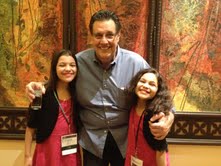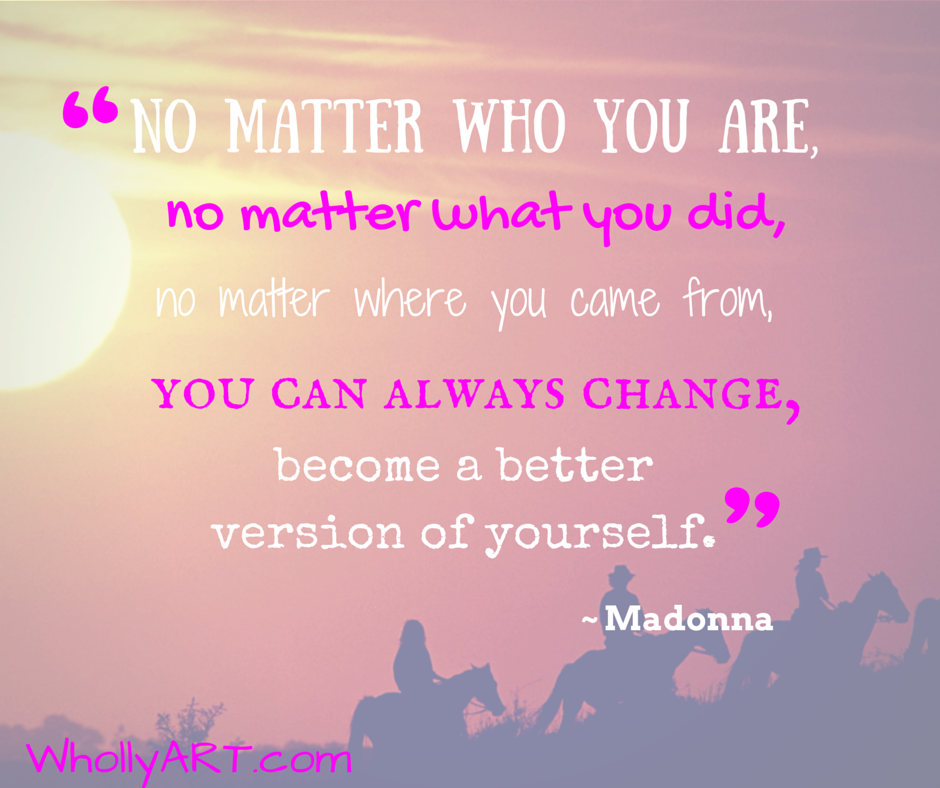7 Fantastic Tips To Improve Your Writing
During my grandpa’s visit to Texas, my family and I were able to explore Houston with him. We were able to visit the Astros stadium in Minute Maid Park, the NASA Space Museum, the Houston Museum of Natural Science, and more!
One of my favorite things we discovered during our visit to Houston is ComicPalooza. ComicPalooza in Houston is a conference and expo for all comic, tv show, or even book fanatics! It’s like heaven on earth for book/comic-worms, LOL. The Houston ComicPalooza has been held annually for 10 years, from 2008 to 2018, and it was such an honor to go, not to mention extremely fun!
It was so awesome because I got to hear from so many different authors and writers, and see so many inspired cosplays and costumes. I can’t decide what I liked best about Houston ComicPalooza: taking in all the amazing ways people can imitate characters, or getting counsel and tips from fellow writers.
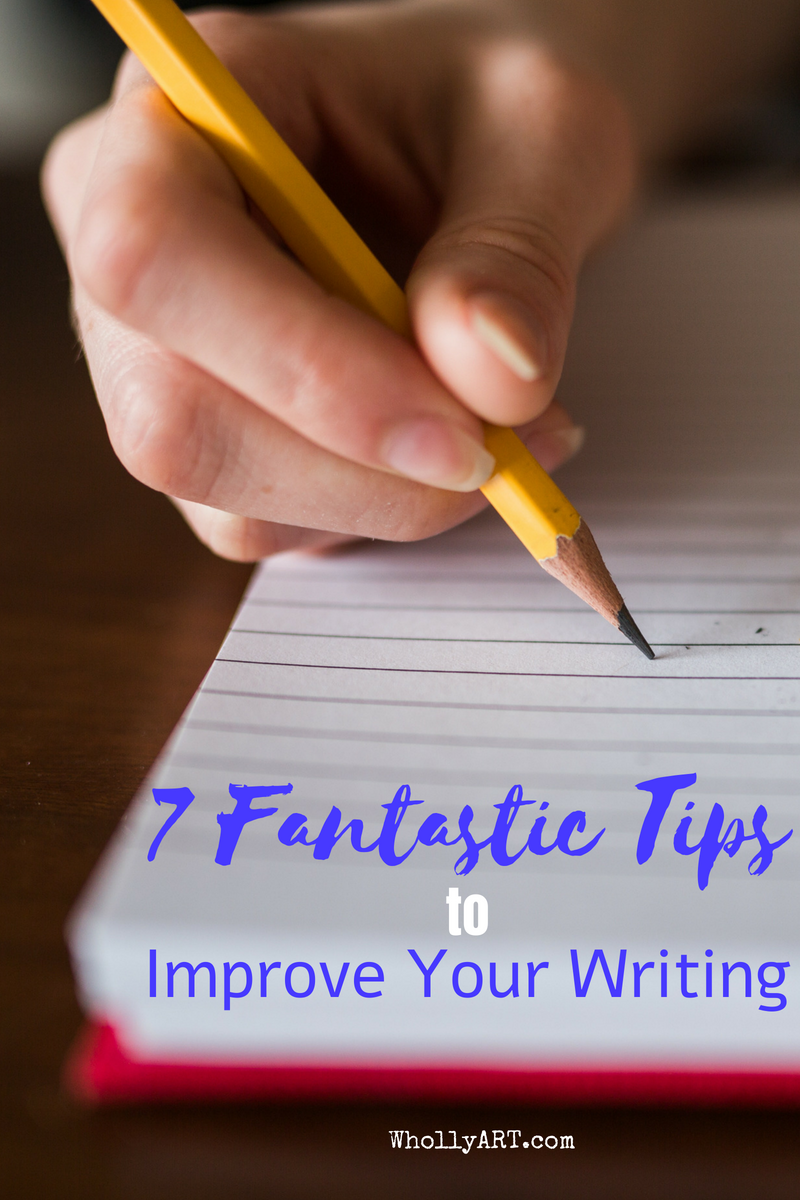
That being said, I’m going to share some valuable writing advice that I learned at ComicPalooza.
1 – The difference between antagonists and villains. I loved hearing about antagonists and villains from other authors. I learned that an antagonist is someone who gets in the way of the protagonist, but could actually have good intentions, like a parent or friend or even a mentor, who maybe has a different idea of how the protagonist’s life should go. A villain, on the other hand, has purely malicious and/or evil intentions, wants to control the same thing as the protagonist, and is a direct opposite of the hero.
Something interesting that an author pointed out was that the villain holds a mirror to the protagonist, and makes you think that the hero could be in their shoes if things has gone differently. In my opinion, having antagonists and villains for your protagonists to face is the best because they have opposition from all sides and in all forms.
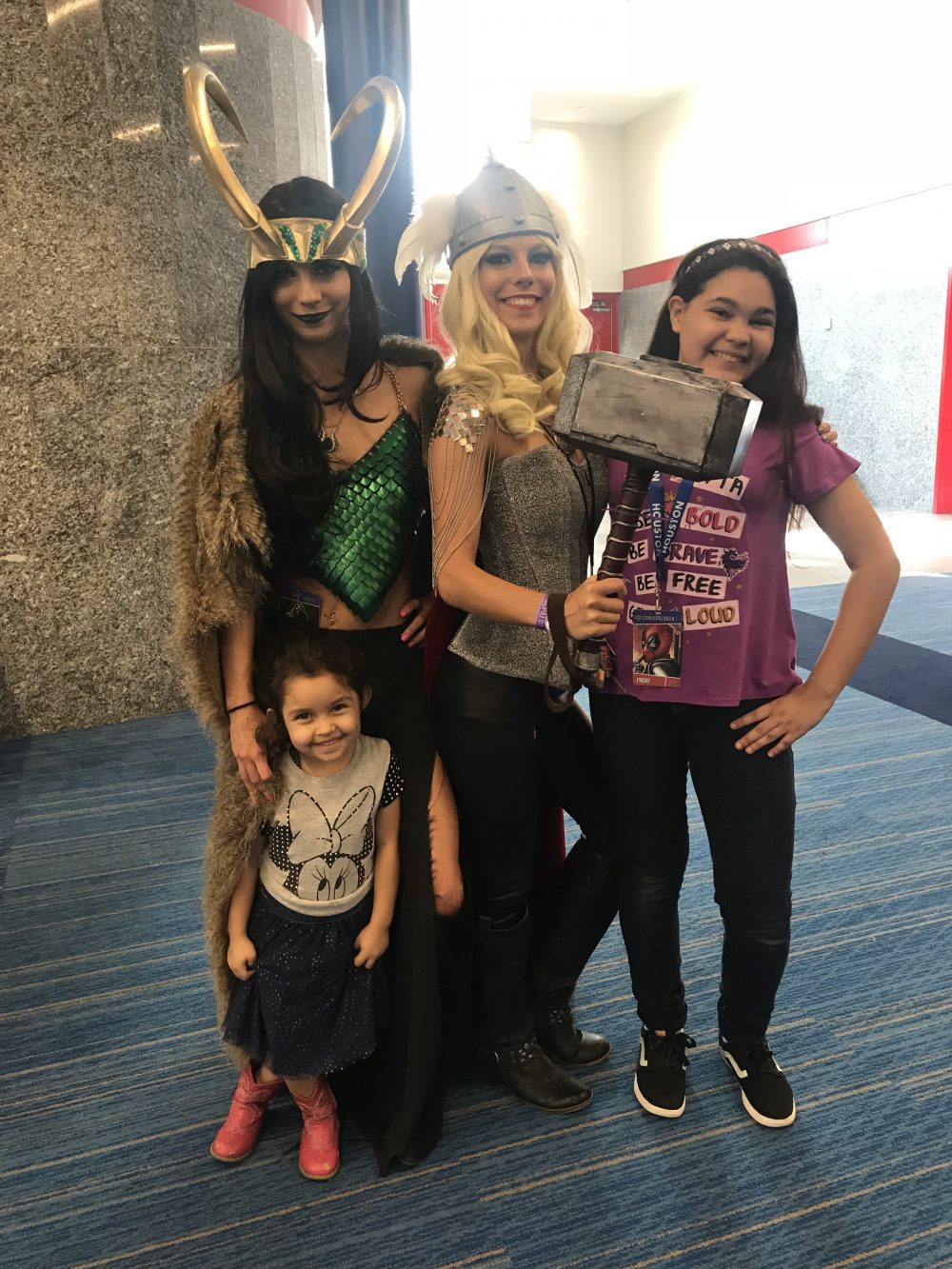
2 – What makes a good villain? So how do we make an interesting and complex villain and/or antagonist? During the session I attended about villains, we looked at some examples of our favorite “bad guys”. I think what makes a good villain is one that makes your blood boil. Sometimes, when I read, the villain is SO GOOD and SO BAD that it makes me want to scream! Actually, sometimes I DO scream while I’m reading. Hehehe ;D
Something that was pointed out in the session that really gave me perspective was that villains/antagonists ALWAYS act first in a story. THEN, heroes react to whatever they did. And so, it’s really important to think about the reasoning behind what your villains do. The authors that were on this panel said that the reason can be anything you want it to be, but it’s best to be realistic about the villain’s backstory and their why.
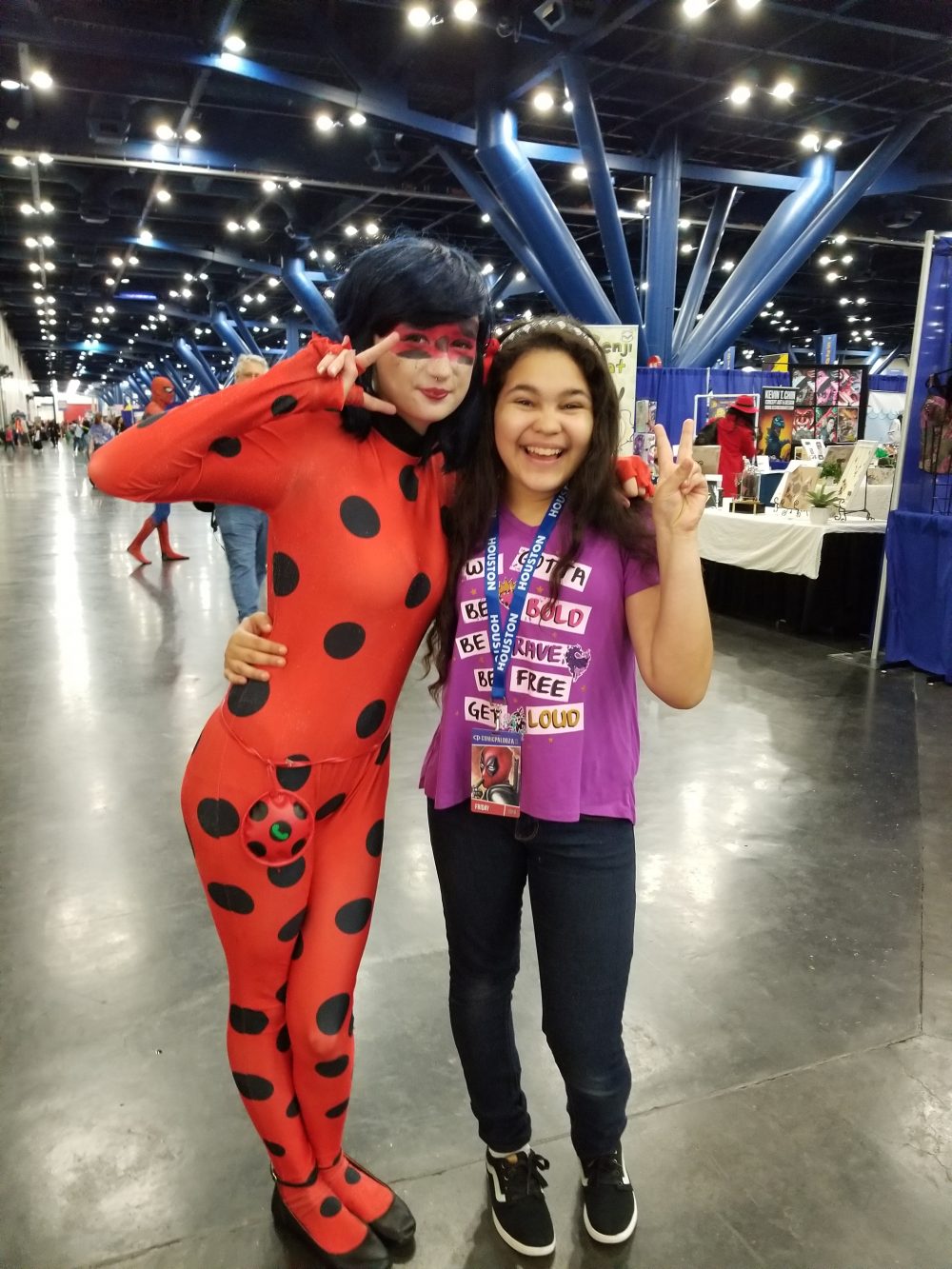
I think a good example of an excellent villain is Maleficent in Disney’s MALEFICENT (which, btw, did you know there is going to be a SEQUEL?????!!!!!), because she is clearly hurt the king’s personal crimes against her, and so she personally harmed him by cursing his daughter, unlike some other versions of the tale in which she curses Aurora because she’s not invited to the party (or because she got a silver spoon?!?), which is just a little unreasonable. Another thing that makes her an amazing villain is that she isn’t just evil forever, she shows humanity by reforming later on, and by making actual relationships in the movie.
But the authors taught me that your villain doesn’t have to be necessarily be a victim, they could also be a narcissistic sociopath! Which could mean that they are extremely entitled. Even then, I think you still need a why, so WHY are they entitled? What makes them so different and better than others?
Something else that was said is that your antagonist also needs to be realistic. The antagonist is supposed to get in the way of your protagonist, but they have to get in the way believably. This means they have to have some sort of control, or leverage, over your protagonist. So if the antagonist is protagonist’s sister, how do they get in the way? Do they know a certain secret that they can use as blackmail? How can your antagonist effectively and realistically ruin your protagonist’s life? A good example of an antagonist is Lizzie’s brother is the Lizzie McGuire movie, because he has some footage that he is always scheming to use as blackmail against her. :)
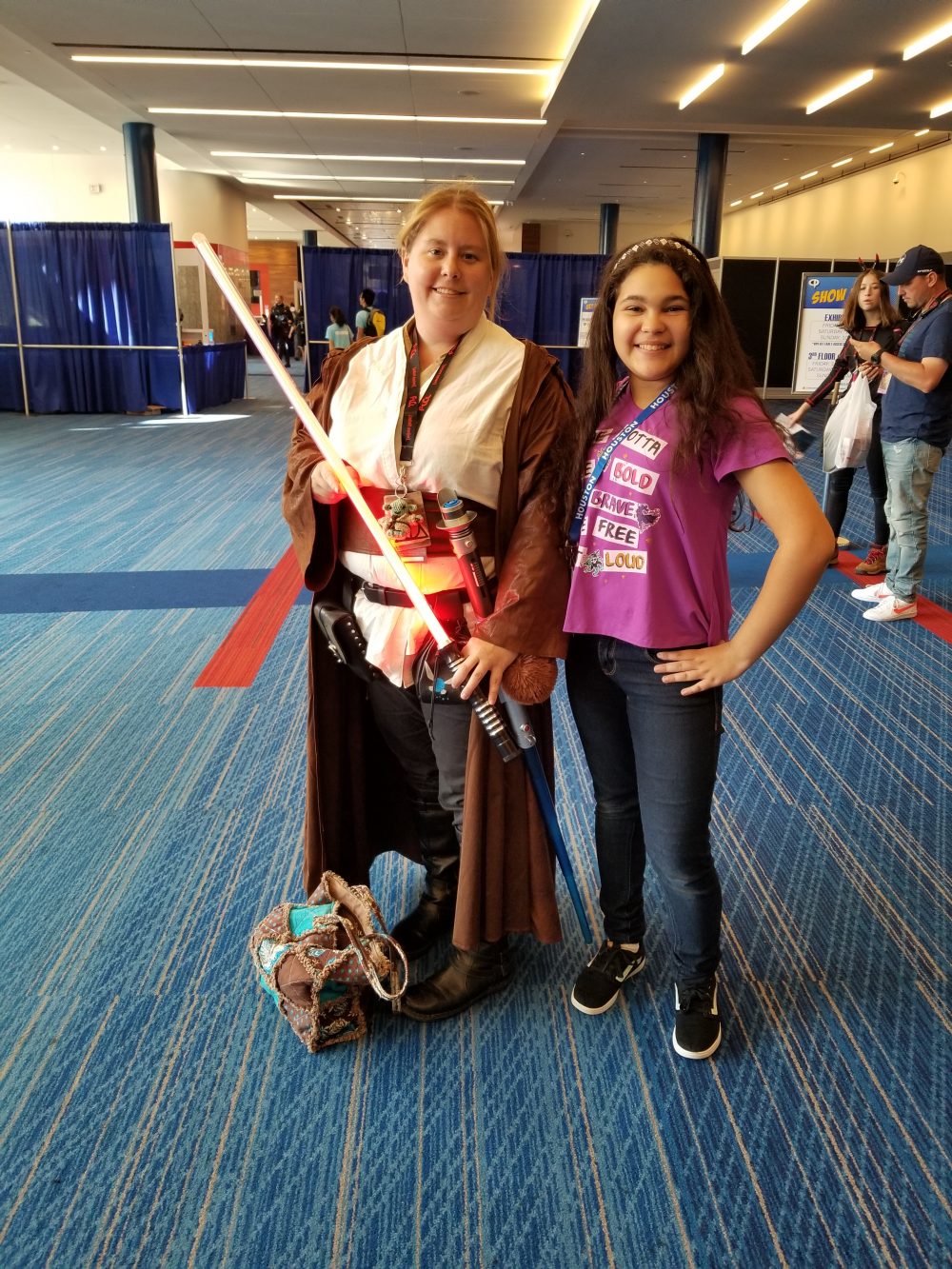
3 – Think about your audience and what they want. The authors that were answering questions pointed out that you need to think of what your audience wants/expects in your story. For example, some villains in kid’s movies or books are just there to represent the opposition that is always there: good versus evil. That means: no history, no reasons for being evil, they are just there to provoke your protagonist and be defeated.
Personally, I prefer complex characters, and if you’re creating one of them, you might want your story to be geared toward someone at least a little older than than three years old. I like my characters to answer all your questions, even if vaguely at first, like:
- What happened to make them that way?
- What is their objective?
- What are their values/beliefs?
- Why do they have a personal vendetta against your hero?
- Do they EVEN have a grudge against the protagonist?
I want to know, but what’s even more important is whether your audience wants to know these details.

4 – If you’re going to write, write! Another session I attended taught me about the WORDS in our stories, and about how essential they are to your plot.
What was really helpful to me was what one experienced author advised, that when you’re going to write, WRITE! Don’t worry about how it will sound on paper, and start experimenting with your imagination!
This is my biggest obstacle in writing yet, because I have some idea and then I think about it too much, and then I end up making some excuse to myself about why I’m not writing yet!!! I think many people also have this problem, because it is so easy to get caught up in our thoughts of doubt. So after that enlightening piece of advice, I’m striving to simply write, and THEN focus on improvement.
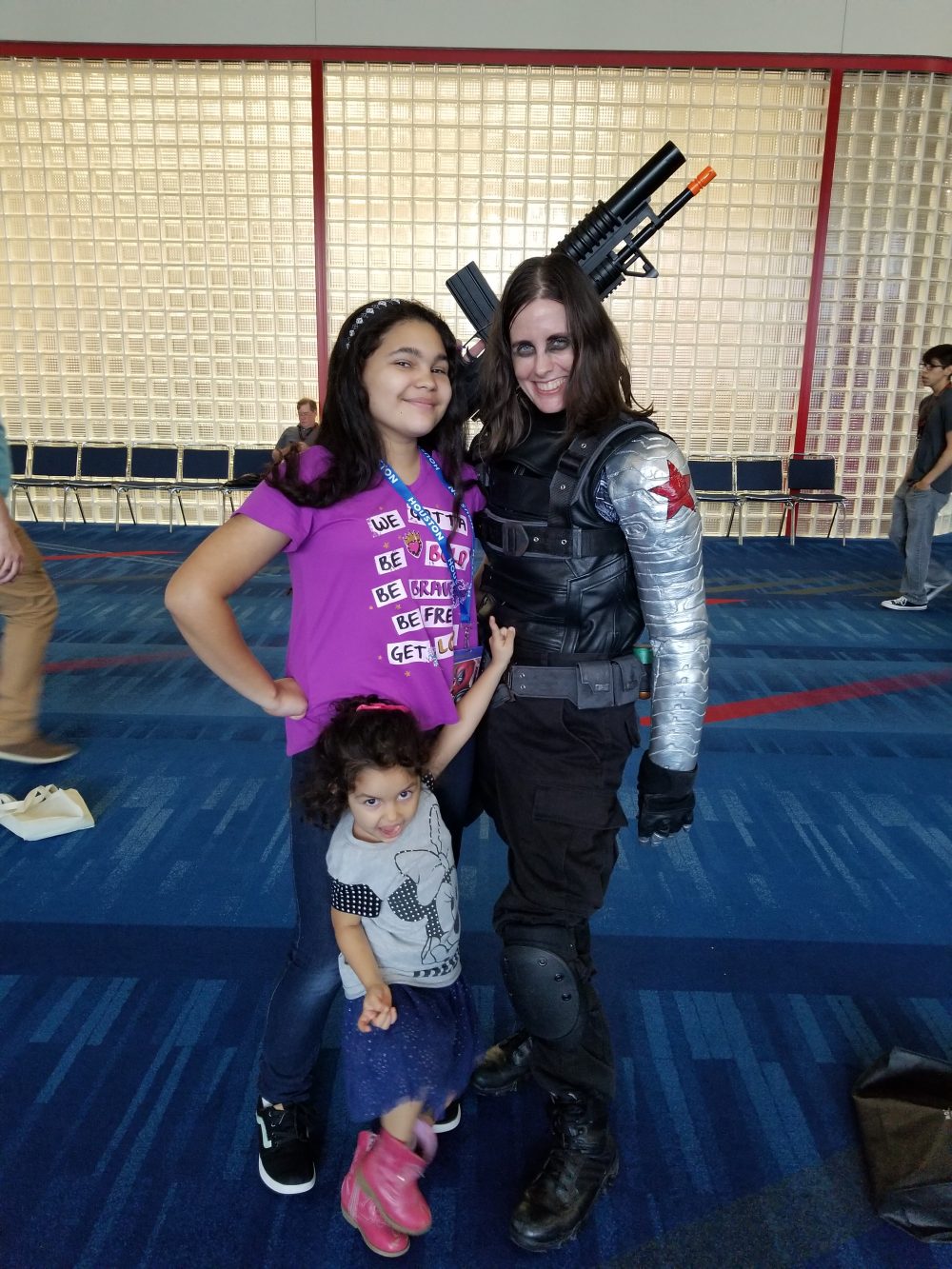
5 – Write about what you know. Something I took away was that it’s best to write about what you know. Now that isn’t to say that unless you’ve actually lived exactly what you are writing that you can’t write that story, but I take it to mean that you could definitely your research about the time and place you’re writing about, and you can also write based on feelings you’ve experienced and even situations you’ve been in!
For example, one time I wrote a story about an embarrassing thing that happened in my own life (my first day at my new church). You could definitely say that I’m quite knowledgeable about that experience in my life! But it would be totally different if I had tried to write that from my sister’s POV, since I have no idea what she was thinking or how she felt about it. And so writing from what I knew of that experience was the best way to go.
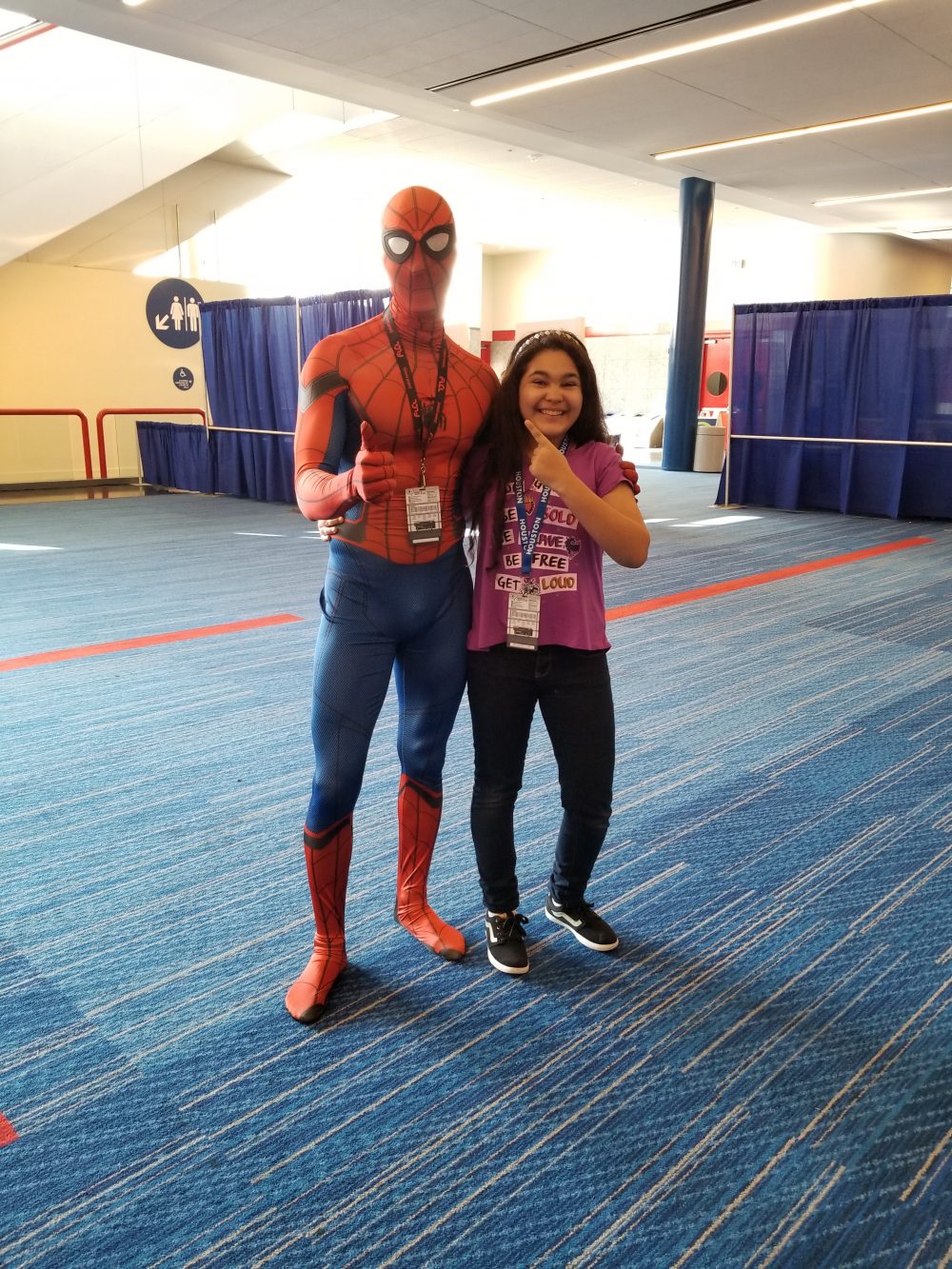
Something that was said at ComicPalooza Houston and that my mom says all the time is that every great writer is an amazing reader, and I definitely believe that also applies to writing about what you know, because reading a book is an experience!
6 – Spend time with your characters and give them their own voice! One author said that she spends a lot of time with her characters, and that she even goes shopping with them! She was saying that it’s important to give each character their own voice, and their own spirit, and really get to know them.
My best friend (who is an incredible author) spends hours every day just writing and daydreaming about what to do in her story, and what’s next for her heroine in the plot. In fact, she’s told me that she thinks about her characters so much that she gets ideas for them all the time, even when she isn’t brainstorming! She is a remarkable example of really knowing your character.
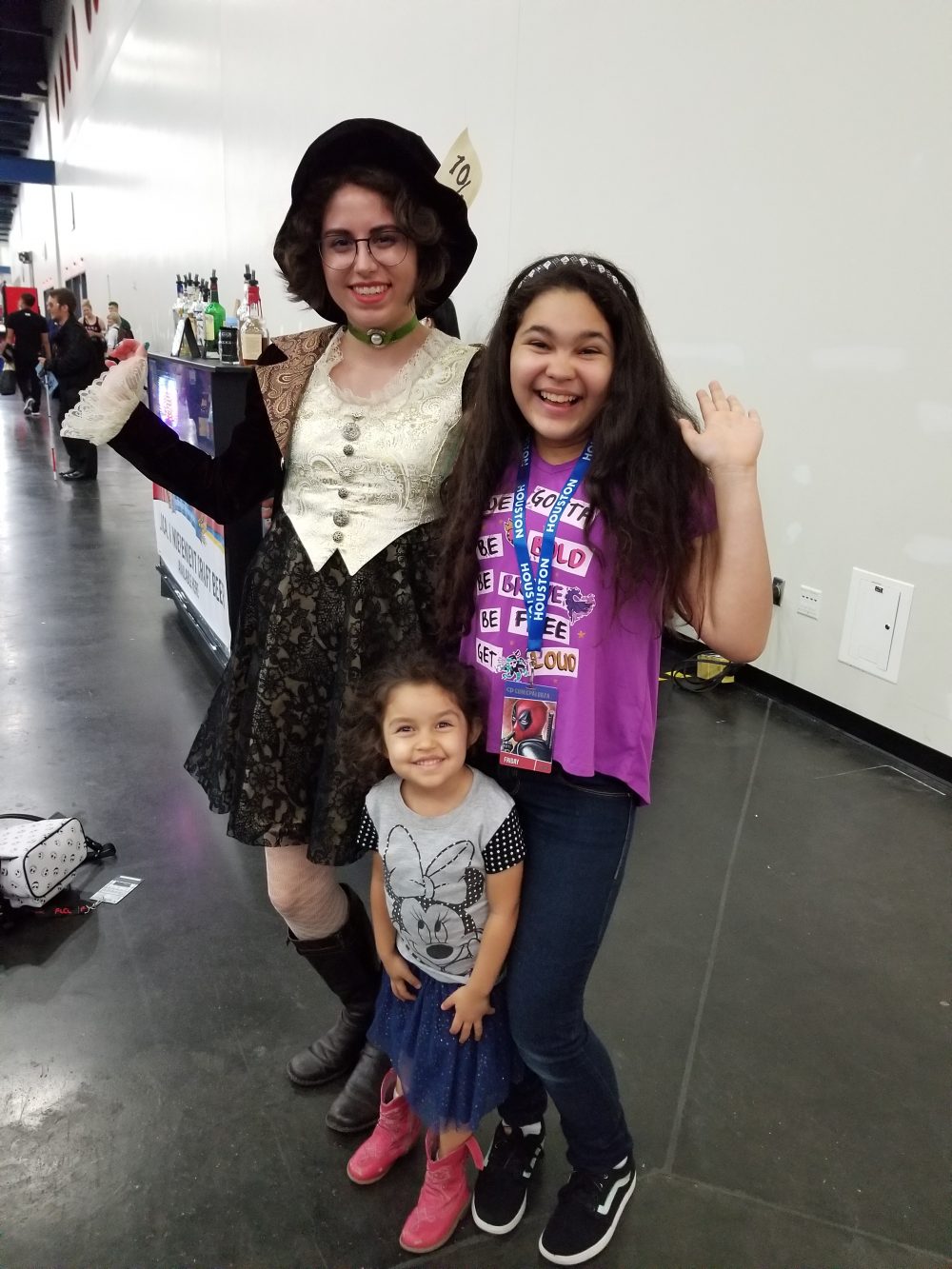
7 – Write and write and write some more! Another one of my obstacles in writing is that I have trouble elaborating and giving detail. My story ideas and plots can literally be just one sentence, and then I have no idea what to do. So I asked my grandpa what to do about it, and he told me that as I kept on writing each day, I’d get better at adding detail and storytelling. I’m taking up that challenge, and I invite you to join me in my quest to write every day, every week, every month, every year!
It was absolutely incredible to get insight from so many different authors, and I can’t wait to get the opportunity to use their advice to further my own writing. ComicPalooza in Houston was the experience of a lifetime, and I’m so grateful for the opportunity to attend.
What did you take away from these tips on writing? Will you be seeing me at ComicPalooza Houston next year? I hope you join me in writing and improving writing every day!
[elyssa]
